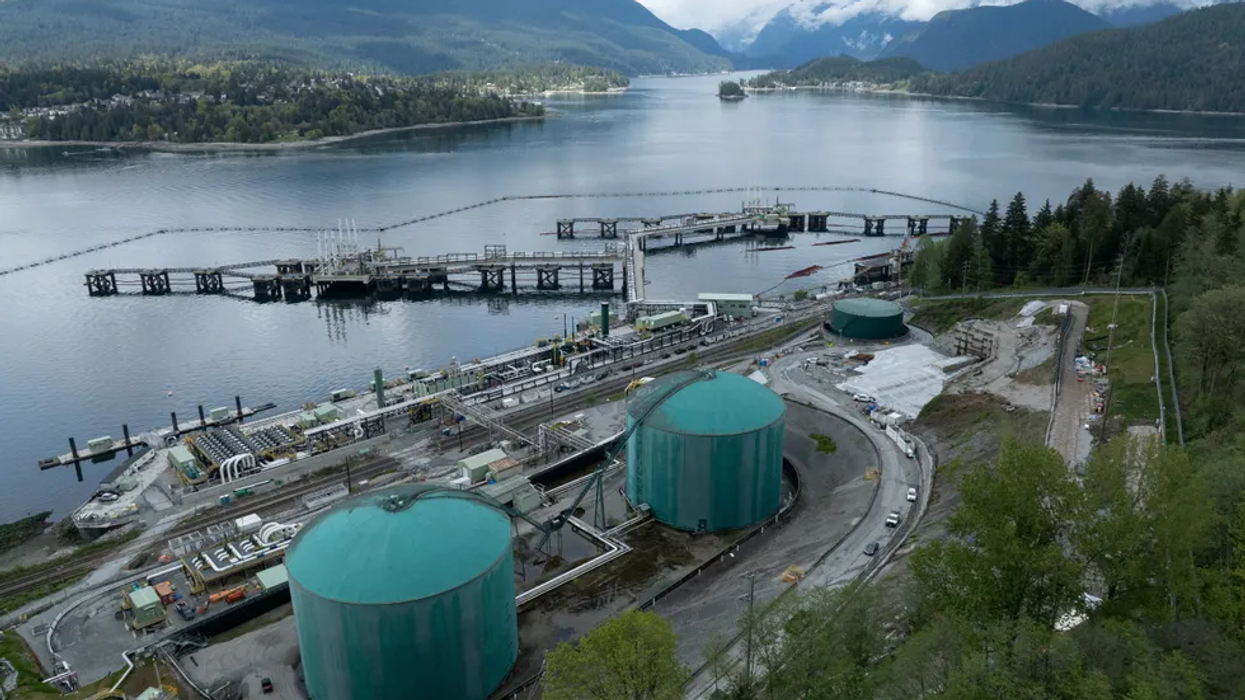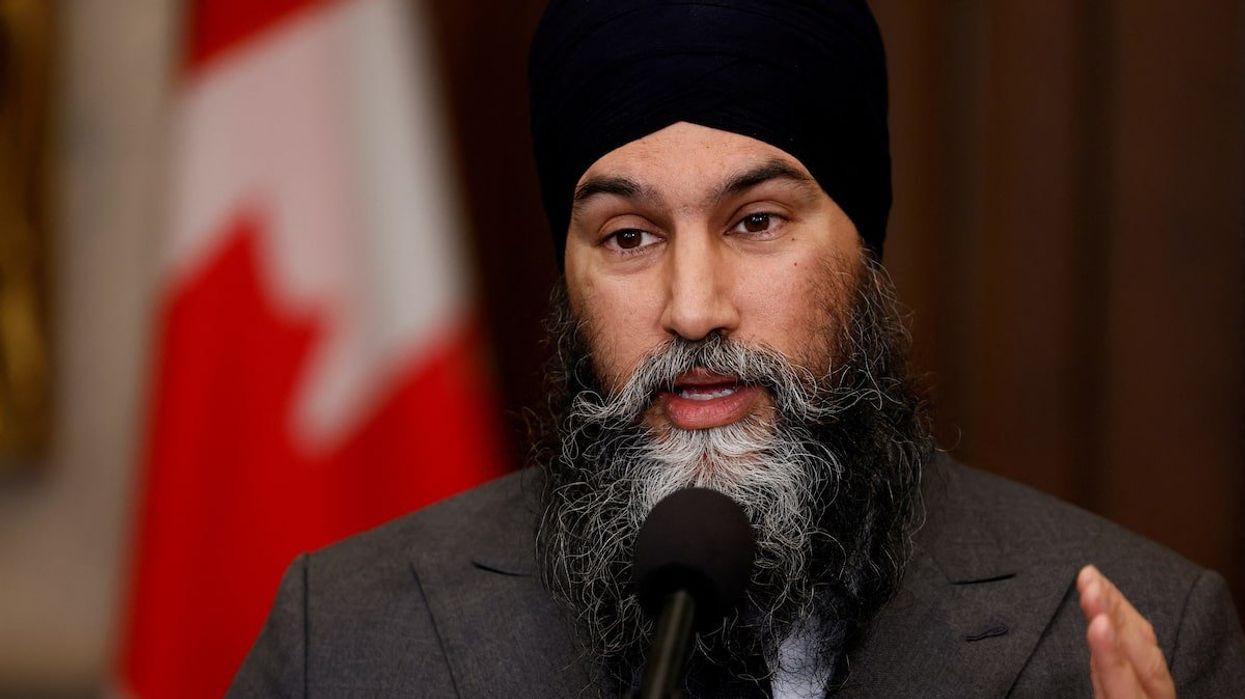GZERO North
Alberta oil flowing, but that won’t help Trudeau
A pipeline that gave Prime Minister Justin Trudeau a huge headache is finally delivering benefits — to oil companies, at least — although Trudeau should not expect to get political rewards for his troubles.
Jun 27, 2024


